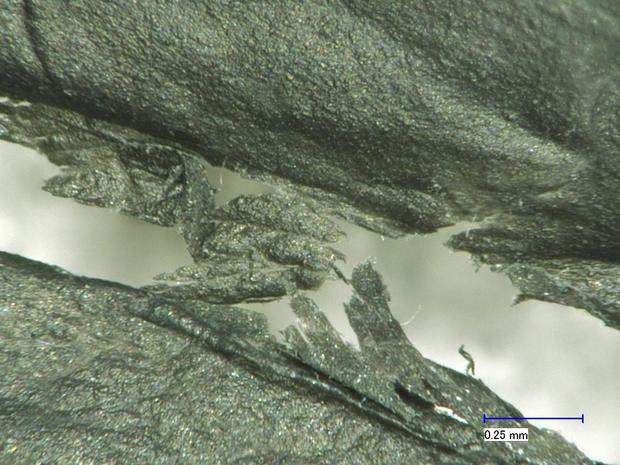
[ad_1]
The planet gets covered in an estimated 400 million tonnes of plastic waste every year that won’t break down over time. But this week, scientists said they may have found a way to help, thanks to tiny organisms in one of the coldest regions of Earth.
Researchers from the Swiss Federal Institute for Forest, Snow and Landscape Research WSL recently discovered microbes in the Arctic and from the Alps that could be the key to eliminating some forms of plastic waste. The microbes, they found, will eat up certain types of plastic left in their environment, a discovery that could help pave the way to reduce much of the plastic waste found around the planet.
Using microorganisms to eat up plastic is not a new concept, but industries have relied on microbes that require temperatures of at least 86 degrees Fahrenheit to conduct their feasting. This requirement makes the recycling process more energy- and financial-intensive.
But the newly-uncovered microbes were found to break down plastics at temperatures as low as 59 degrees Fahrenheit, which if expanded to industry, could in theory make the process more efficient.
Joel Rüthi
This discovery was made after researchers buried pieces of plastic in Greenland and Alps soil. In the months that followed, they observed bacteria and fungi growing on the plastic. A year after planting the plastic pieces, they took the microbes that were found on it and conducted more tests in controlled settings in a lab to determine just how many types of plastic they could consume.
Of the 34 cold-adapted microbes they studied, they found 19 of the strains secreted enzymes that could break down some plastics. However, the only plastic that could be broken down were those that were biodegradable – none of the microbes could break down more traditional plastics, made of plastic polyethylene.
Their findings were published in Frontiers in Microbiology on Wednesday, just a few months after the team published complementary research that found polyethylene plastics, often used in trash bags, do not break down over time, and that even biodegradable plastics used in compost bags take an exceptionally long time to decompose.
And while the discovery could be a key to paving the way for a better future of plastics recycling, scientists say there is still a lot of work that must be done.
“The next big challenge will be to identify the plastic-degrading enzymes produced by the microbes and to optimize the process to obtain large amounts of enzymes,” study co-author Beat Frey said. “In addition, further modification of the enzymes might be needed to optimize properties such as their stability.”
[ad_2]
Source link

